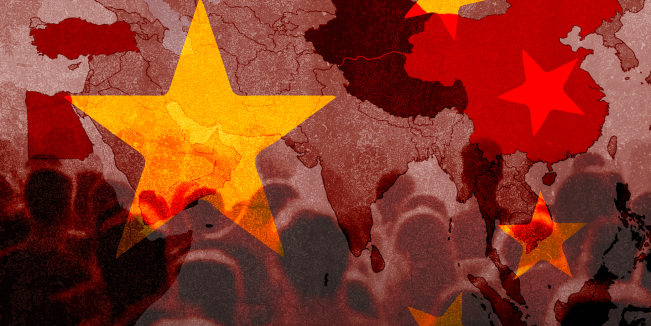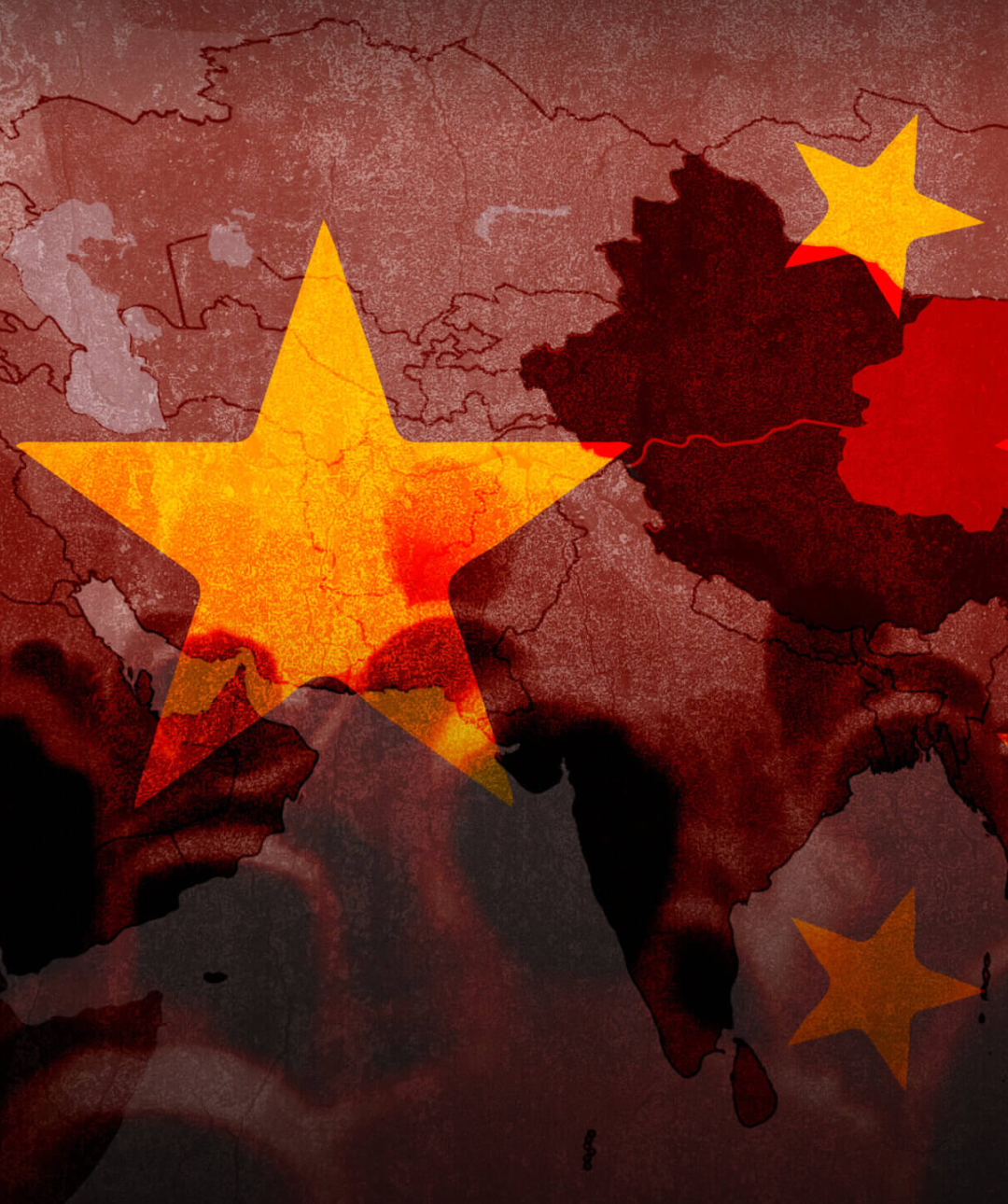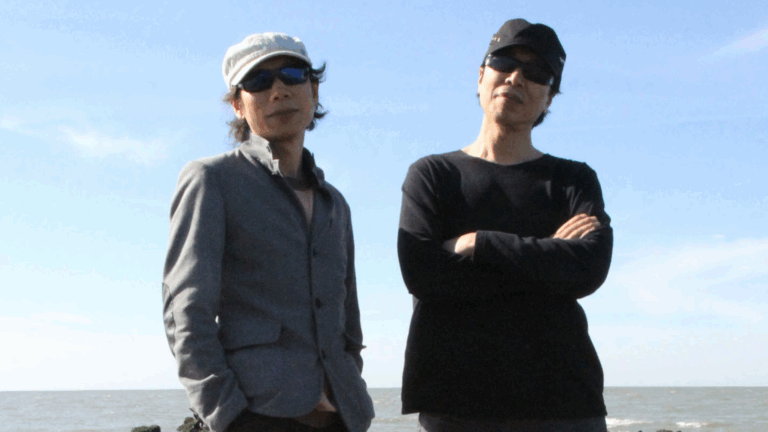In March, Turkish police raided a bookstore in Istanbul, accusing it of selling copies of Uyghur books banned by the Chinese regime without proper copyright. The bookstore owner, Abdullah Turkistanli, who already endured 13 years in a Chinese prison and another year in Turkish imprisonment, said he was just trying to keep the Uyghur culture alive.
Abdullah is one of the many Uyghurs who has been a target of transnational repression in Turkey, his new home, which has been turning a blind eye to China’s attempt to silence Uyghur dissidents abroad.
Since 2016, Uyghurs living outside of China and their families have been systematically targeted by an extensive and sophisticated transnational repression campaign conducted by the Chinese Communist Party (CCP). As part of the massive crackdown in the Uyghur Region, China is leveraging its expanding economic partnership in exchange for the complicity of its partner countries in cracking down on dissidents. The CCP’s goal is to threaten the dissenters’ family members with detention in an attempt to control their overseas activities. Host states such as Turkey and Egypt are increasingly cooperative with China’s transnational repressive efforts, leading to heightened surveillance, foreign agent recruitment, smear campaigns, and physical attacks on Uyghurs abroad.
Political Regime Type: Fully Authoritarian
China, according to multiple political regime classifications, including the Human Rights Foundation’s own political regime analysis, is a fully authoritarian regime where the CCP is the sole ruling power and exercises control over all aspects of government, including the executive, legislative, and judicial branches of the government. Under the rule of current President Xi Jinping, who has been in power for 10 years, China’s already-appalling human rights record has declined even further, with shrinking space for civil society and increasing practices of censorship, arbitrary detention, and, most horrifyingly, the perpetration of the Uyghur genocide.
The CCP has been exporting its model of repression to the global community in an attempt to exert control over the Uyghur diaspora and eradicate dissent beyond its own borders.
China’s Global Repressive Reach
China’s repression of Uyghurs abroad dates back as early as 1990, when neighboring Central Asian countries collaborated with China to silence Uyghur-led organizations. In the wake of 9/11, China capitalized on the global narrative of the “war on terrorism” to adopt its own “anti-terrorist” “Strike Hard
Campaign,” which labeled Uyghur rights organizations as international terrorist entities and initiated the most recent and aggressive crackdown on the Uyghur people.
China’s transnational repression tactics have since become a universal experience for the Uyghur diaspora, targeting everyone from students to religious figures. These tactics include quiet intimidation through informant networks and compelling host governments to collaborate in surveilling, detaining, and repatriating dissidents. The Uyghur diaspora experiences intimidation, harassment, threats, and censorship on a daily basis. They live in fear that the safety of their loved ones back home could be at risk with any act that is perceived as “resistance.” The CCP exploits these familial bonds, recruits dissidents as informants to spy on the diaspora community, pressures them to create positive narratives about China, and ‘summons’ them through the Chinese police to return and disappear in concentration camps or prisons.
Moreover, China has increasingly used its economic leverage to compel governments worldwide to collaborate in its transnational repression, including mobility control, detention, deportation and enforced statelessness of the community members. Oftentimes, China includes extradition treaties within trade agreements with governments to have targeted Uyghurs returned. The abuse of Interpol is another tactic China uses to pursue Uyghurs abroad by issuing Red Notices to have them extradited. Beijing’s transnational repression practices undermine the sovereignty of other states and challenge the norms of liberal international order.
In this policy note, two of China’s allies — Egypt and Turkey, which have been complicit in the CCP’s agenda to silence and detain Uyghur Dissidents — are examined.
Egypt
In July 2017, Egyptian officials at Al-Azhar University, one of the most prestigious centers of Islamic learning, initiated a systematic crackdown on Uyghur students, resulting in over 200 arrests. According to interviews, the detained individuals included students who had applied for asylum with the United Nations High Commissioner for Refugees (UNHCR) and those who did not have identity documents. They were divided into three color-coded groups, with the red group facing deportation, green for those to be released, and yellow for those who would await further interrogation. Detainees were given no explanation as to why certain students were immediately deported, released, or held for interrogation, leading community members to believe that police may have been acting according to an alleged “wanted list” distributed by the CCP. Among those who were released, some managed to escape to countries like Turkey, while those who returned to China were immediately arrested or went missing.
More recently, a delegation of diplomats from the Arab League, including representatives from Egypt, made a “propaganda trip” to the Uyghur Region, expressing support for China’s policy in the region and denying the ongoing Uyghur genocide. China’s capacity to effectively carry out cross-border repression in Egypt is partially attributed to its substantial infrastructure investments, which have led both nations to transgress their own domestic laws and international treaties.
Turkey
Turkey has long been a safe haven for over 50,000 Uyghur refugees escaping persecution in China since the 1950s. However, the growing economic ties between Turkey and China have raised concerns about the safety and security of Uyghurs within its borders.
Between 2017 and 2019, many Uyghur students in Turkey faced quiet demands from Chinese police for their immediate return, with the threat of consequences on their parents if they resisted. Caught between the dilemma of detention upon return or repercussions for their family, some opted to return and were arrested, while others chose to cut off contact with their parents in an attempt to disappear from the police’s radar. Students reported experiences of coercion by Chinese embassies and consulates, compelling them to report on fellow students’ daily activities, attend Chinese spring festival events, and perform Uyghur dance to showcase their patriotism to the Chinese state.
Furthermore, with President Recep Tayyip Erdogan’s endorsement of the Belt and Road Initiative (BRI) and anti-terrorism initiatives, Turkey’s local police dramatically escalated their collaboration with the CCP by detaining, deporting, and putting dissidents on house arrest. Although Ankara has been hesitant to ratify the extradition treaty at Beijing’s request, its inconsistency in approving Uyghurs’ citizenship applications, coupled with the Chinese embassy’s denial of consular services has effectively rendered Uyghurs stateless, caught between bureaucratic loopholes. Those attempting to flee to safer countries face obstacles in accessing asylum pathways, with some reporting being denied boarding by private Turkish airlines at airports and others unable to leave due to a lack of identity documents.
Conclusion
China has been conducting a sophisticated and comprehensive campaign of transnational repression of dissidents, combining direct attacks on individuals with collaborative efforts with host states. While family ties in the region enable China’s global censorship of individuals, the economic ties with the host countries allow China to export its authoritarian model worldwide, which is ironic given China’s assertion of “never engaging in coercive diplomacy, never exporting ideology, and never meddling in others’ domestic affairs.”
While most democratic governments are acutely cognizant of China’s transnational repression targeting Uyghurs, they still demonstrate a willingness to align with China in the pursuit of national interests and economic gains. Facing such a growing influence and aggression from China, these governments are now confronted with the dilemma of safeguarding sovereignty while upholding the universal principles of human rights. HRF urges states hosting the Uyghur community not only to counteract the refoulement and detention of refugees but also to provide sufficient protection against intimidation, threats, and enforced statelessness to prevent the risk of harassment and prosecution. International organizations should investigate and provide immediate support for the resettlement of Uyghurs at risk and uphold the principle of non-refoulement.
Learn more about the CCP’s efforts to project its authoritarian rule beyond its borders by checking out our X space discussion, where we feature a distinguished panel of experts on the subject matter.







